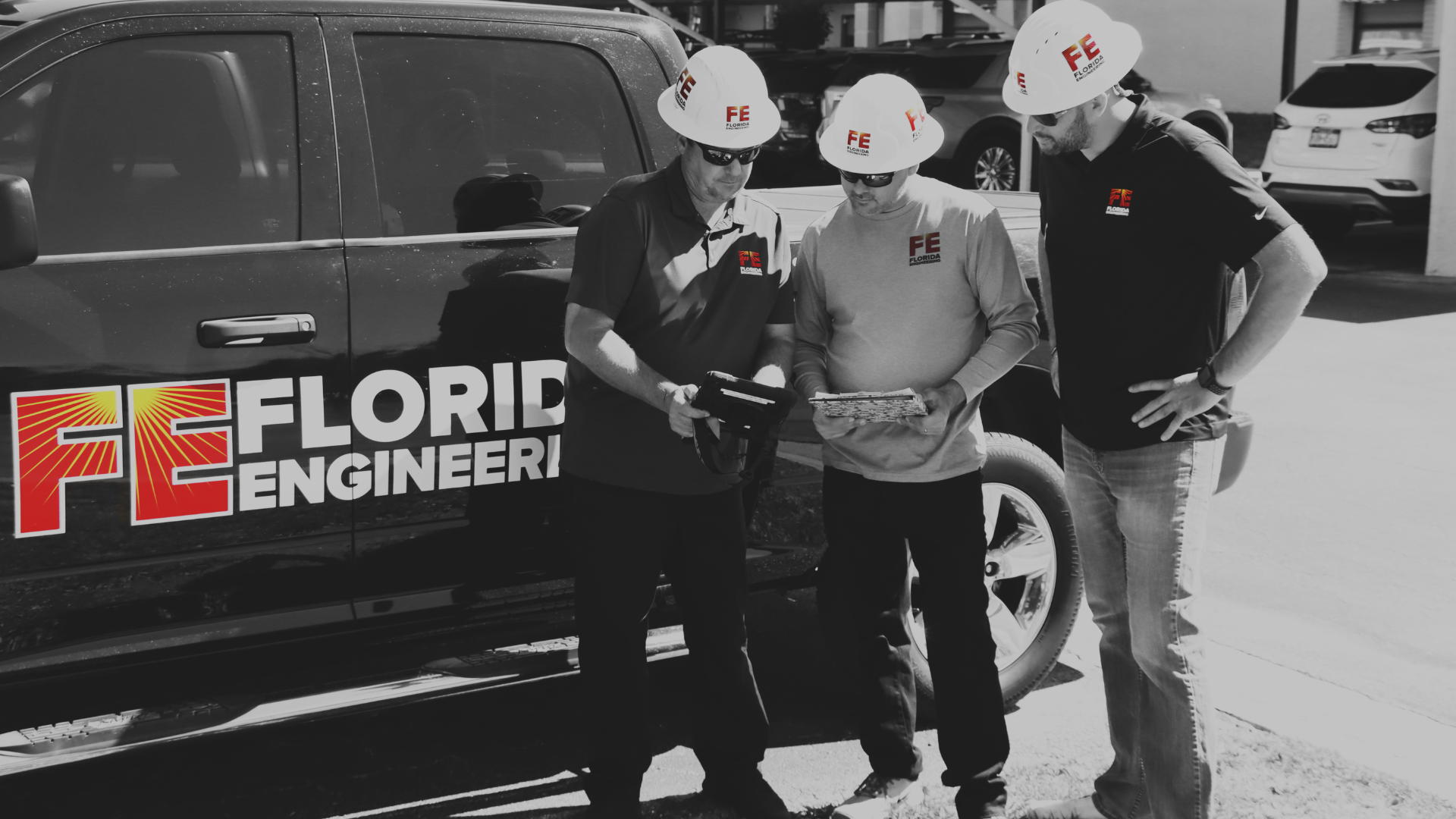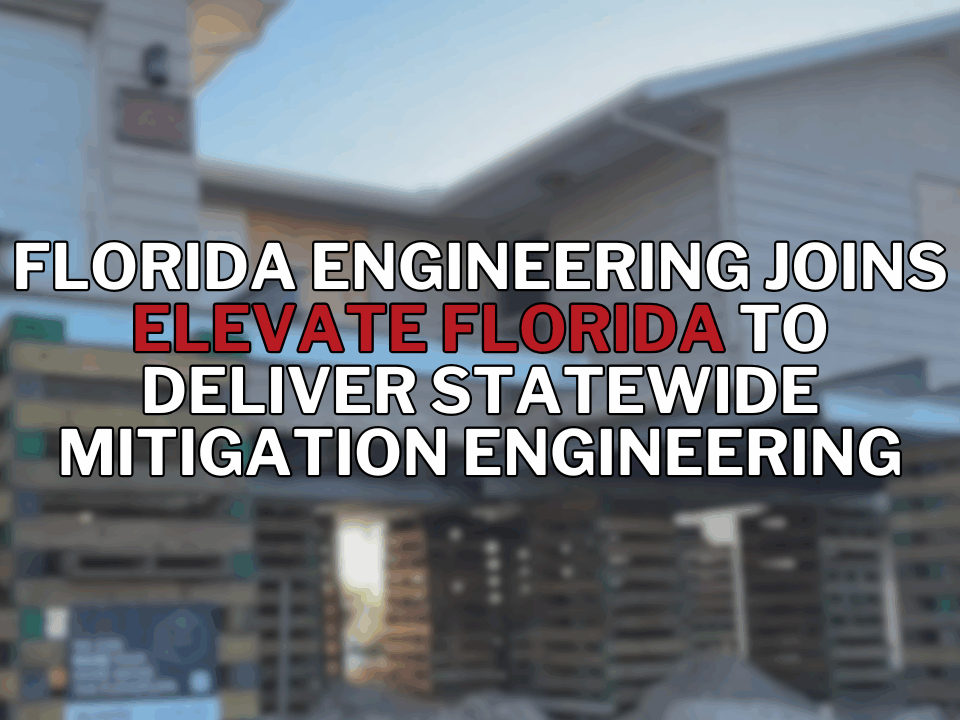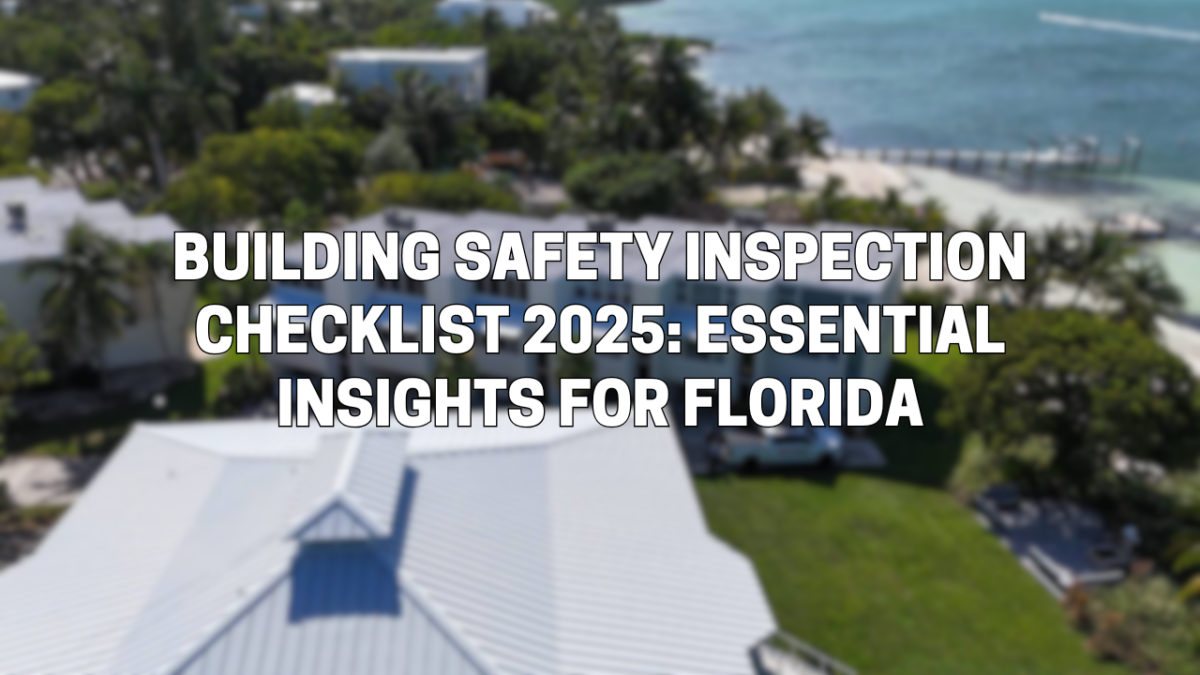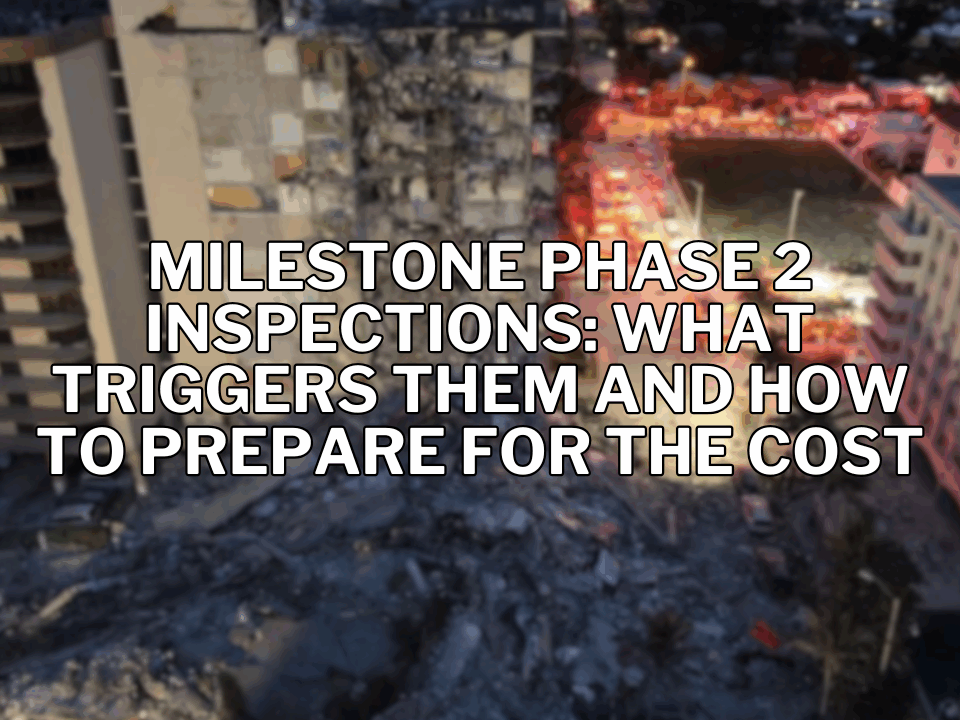In Florida, building safety inspections are more than just regulatory requirements—they’re essential for protecting property and ensuring the safety of occupants. With updated codes and a unique climate to contend with, property managers, contractors, and homeowners need clear guidance to stay compliant. This article explores the most pressing questions and concerns surrounding building safety inspections in 2025.
Table of Contents
- What Are Building Safety Inspections?
- Why Are Inspections Crucial in Florida?
- Top Questions About Building Safety Inspections
- Key Areas Inspected
- How to Prepare for an Inspection
- Actionable Tips for Staying Compliant
- Conclusion and Next Steps
What Are Building Safety Inspections?
Building safety inspections are thorough evaluations conducted to ensure structures meet local, state, and national codes. In Florida, inspections address both structural integrity and environmental factors like hurricanes and high humidity.
Why Are Inspections Crucial in Florida?
Florida’s climate and geographic conditions pose unique challenges, including hurricane-force winds, flooding, and saltwater corrosion. Regular inspections prevent potential hazards and ensure longevity for residential and commercial buildings alike.
Top Questions About Building Safety Inspections
- What types of buildings require inspections?
- Residential, commercial, and industrial properties all require periodic inspections.
- How often are inspections needed?
- Inspections vary by building type and local ordinances but are generally required every 10 years for older buildings and annually for commercial properties.
- What are the common violations identified?
- Structural wear, electrical hazards, fire safety violations, and water intrusion are frequent findings.
- Who can perform an inspection?
- Only licensed professionals approved by Florida’s Department of Business and Professional Regulation (DBPR) like Florida Engineering LLC.
Key Areas Inspected
Structural Integrity
Inspectors check foundations, walls, and roofing for signs of deterioration or damage.
Electrical Systems
Aging wiring and overloaded circuits are common concerns, especially in older buildings.
Fire Safety
This includes emergency exits, sprinkler systems, and fire alarms.
Environmental Compliance
Flood zones, drainage, and erosion risks are assessed in compliance with Florida codes.
How to Prepare for an Inspection
- Gather Documentation
Have previous inspection reports, permits, and repair records ready. - Conduct a Preliminary Walkthrough
Address obvious issues like loose railings or missing roof shingles. - Hire Licensed Inspectors
Ensure your inspector has experience with Florida’s unique requirements.
Actionable Tips for Staying Compliant
- Schedule Inspections Proactively
Don’t wait for issues to arise; regular checks can save costs in the long run. - Follow Florida Building Codes
Stay informed about updates to local regulations. - Invest in Weather-Resistant Materials
Using hurricane-rated windows and corrosion-resistant metals can prevent future issues.
Conclusion and Next Steps
Building safety inspections are a cornerstone of responsible property management in Florida. By staying proactive, addressing common concerns, and working with licensed professionals, you can protect your investment and ensure the safety of everyone who uses the property.
Contact our team today to schedule your building safety inspection and ensure compliance with Florida’s regulations.
Sources Used:
- Florida Department of Business and Professional Regulation (myfloridalicense.com)
- FEMA Hurricane Preparedness Guidelines (fema.gov)
The Building Recertification Experts – Florida’s Condominium Inspections
- Phone: 941-391-5980
- Email: contact@fleng.com
- Address: 4161 Tamiami Trail, Suite 101, Port Charlotte, FL 33952
Connect With Us
Related Services
- Milestone Inspections
- Energy Calculation Services
- 25,30,40,50,60 Year Recertifications
- Pool Engineering Services
- Turnover Inspections
[This above text is for information purposes only and does not constitute engineering or legal advice. Please consult a professional engineer and licensed attorney for any specific answers to your questions about Milestone Inspections and the legal obligations milestone inspections entail.]






